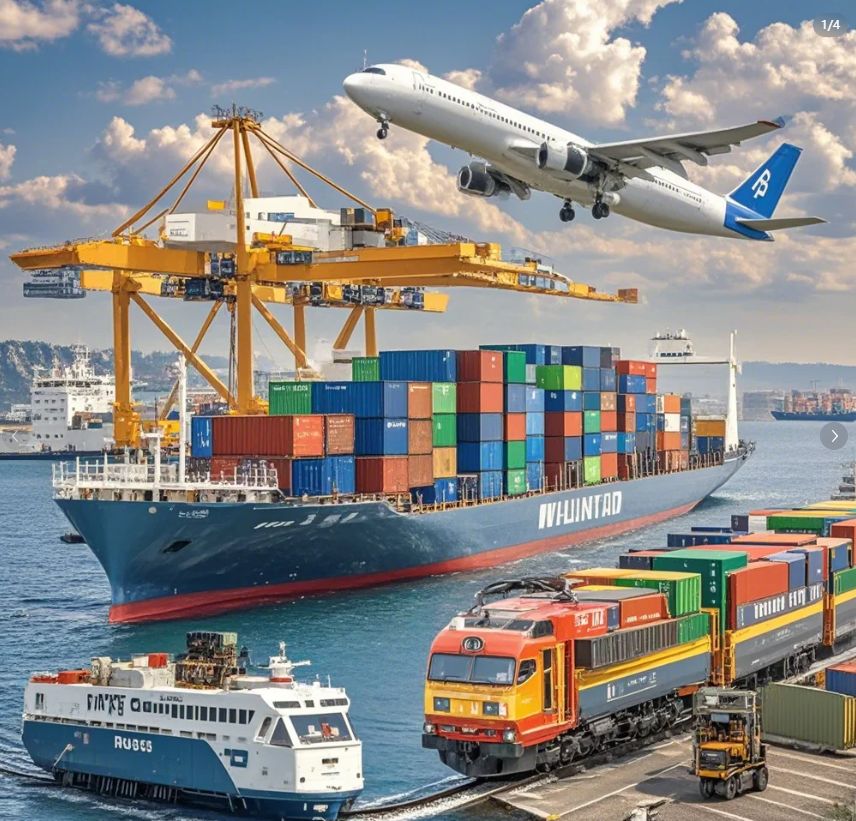Top 10 Common Import Declaration Errors
Release time:
2025-08-06
In international trade, import declaration errors can lead to customs delays, fines, or even legal risks. Since 2024, these errors have been frequent, and here are the top 10 most common import declaration mistakes that businesses should avoid to ensure smooth customs clearance and reduce risks.
Incorrect Product Classification
Incorrect product classification is one of the most common declaration mistakes, involving incorrect product codes and duty rates. For example, on August 2, 2024, a company made an error in declaring lead ingots and underpaid taxes of RMB 43,264.14. Businesses should ensure accurate understanding of product characteristics and seek professional classification advice if necessary.
Inaccurate Product Name Declaration
The declared product name must match the actual goods exactly. In December 2024, a company declared copper alloy raw materials as brass block material instead of bronze block material, causing discrepancies that affected tax collection and customs regulation.
Incorrect Declaration of Country of Origin
An incorrect country of origin declaration can result in losing eligibility for tariff benefits. In 2022, a company mistakenly declared the country of origin as Thailand, leading to underpayment of taxes amounting to RMB 233,657. Businesses should ensure the authenticity of origin certificates.
Incorrect Specification or Model Declaration
The specifications and model must be accurately declared. In July 2024, a company in Zhejiang made an error in declaring the copper content of electrolytic copper, leading to a mismatch. Businesses should establish a thorough review process to prevent such mistakes.
Inaccurate Quantity Declaration
Discrepancies between declared and actual quantities can affect customs statistics and regulation. If damage occurs during transportation, businesses must promptly adjust the declared quantity to avoid errors in the declaration.
False Price Declaration
Underreporting the price to reduce duties can lead to fines and additional tax payments. Businesses should declare the correct price of goods in compliance with relevant regulations.
Incorrect Trade Term Declaration
Incorrect trade terms can affect customs' valuation of the goods. For example, mistakenly declaring EXW (Ex Works) as CIF (Cost, Insurance, and Freight) can lead to various issues. Ensure that the declaration matches the terms agreed upon in the contract.
Failure to Declare or Incorrectly Declare Regulatory Categories
Failure to declare the correct regulatory category (e.g., hazardous goods) can result in penalties. Businesses need to understand the regulatory requirements for their products and ensure accurate and complete declarations.
Failure to Declare or Submit Essential Documents
Omitting key documents (e.g., contracts, invoices) can prevent customs from verifying the goods. Businesses must ensure comprehensive document management to avoid omissions or fraudulent declarations.
Issues with Business Qualification Declarations
Some imports require specific business qualifications. Failing to declare the correct qualifications or concealing qualifications can lead to penalties. Businesses should confirm their eligibility before proceeding with imports to avoid regulatory issues.
Conclusion
Import declarations are a complex process, and every detail matters to ensure efficient customs clearance and compliance. Businesses should strictly manage the declaration process, ensure accuracy, and provide proper training for staff. If in doubt, consulting a professional customs broker or agency can ensure a smooth and compliant declaration process.
RELATED BLOG
Understanding Door-to-Door Sea Shipping from China to the USA: A Comprehensive Guide
Door-to-door sea shipping from China to the USA is a logistics service that entails transferring goods from a seller's location directly to the buyer's specified destination. This method is especially advantageous for businesses looking to import large quantities of products due to its cost-effectiveness and ability to handle bulky items. The door-to-door sea shipping process generally consists of
View Details









